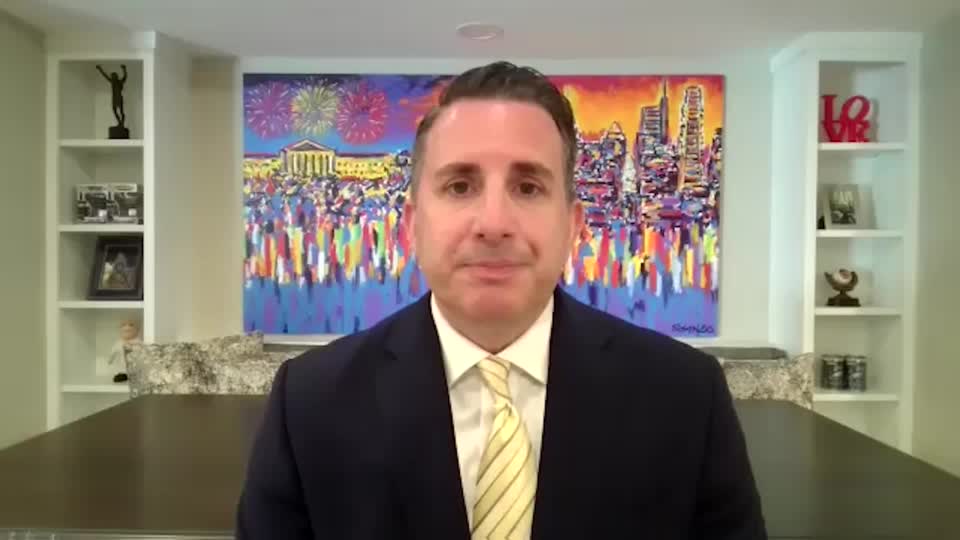Investors Left in the Dark: Corporate Silence Sparks Market Uncertainty

GM Suspends Annual Forecast Amid Trade War Uncertainty
General Motors has made a strategic decision to withdraw its annual forecast, signaling the growing economic uncertainty triggered by the ongoing global trade tensions. The automotive giant's move comes despite reporting robust quarterly results, highlighting the complex challenges businesses face in the current volatile economic landscape.
GM is not alone in this cautious approach. Major corporations like Kraft Heinz, Electrolux, and JetBlue Airways have also pulled back their financial projections, creating a growing trend among blue-chip companies struggling to navigate the unpredictable trade environment.
Economic experts are increasingly concerned about the inflationary impact of current trade policies. As one industry analyst noted, companies are caught in a challenging dilemma: absorb increased costs and risk reduced profitability, or pass them on to consumers and potentially dampen market demand.
The uncertainty extends beyond corporate boardrooms, affecting management teams, investors, and consumers alike. With potential price increases looming and trade policies in flux, businesses are finding it increasingly difficult to make long-term strategic plans.
As the trade war continues to create economic ripples, companies like GM are adopting a wait-and-see approach, prioritizing financial flexibility and risk management in an increasingly unpredictable global marketplace.
